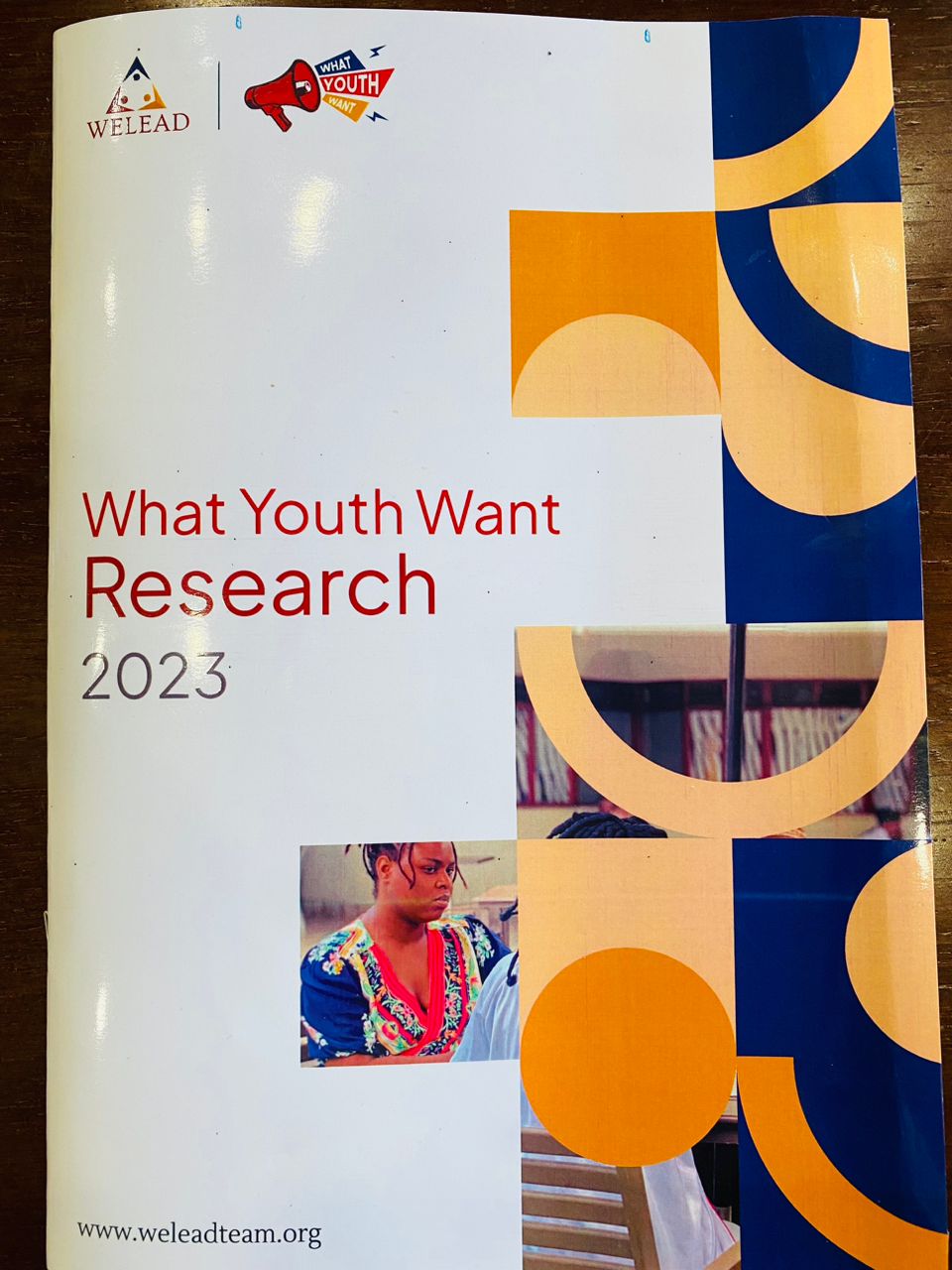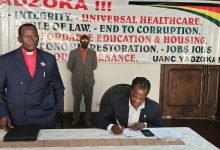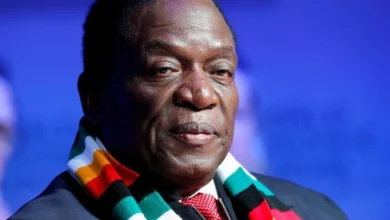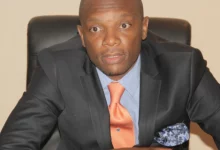“Youth Speak Out: What Youth Want Project Sheds Light on Zim’s Political and Social Landscape”

By Staff Reporter
Youth leadership development and advocacy group, WELEAD Trust launched the findings of its groundbreaking research under the “What Youth Want” project at a colourful ceremony held in Harare last night.
The project, implemented across Zimbabwe’s 10 provinces with support from Diakonia, Brot fur die Welt, and the Swedish Embassy in Zimbabwe, aims to amplify the voices of the youth and advocate for a pro-youth development and policy agenda.
“The title of the baseline survey report and the project expresses the overwhelming call by youth across Zimbabwe to see a country that envisions pro-youth development and policy agendas and the emphasis on building a youth-critical mass movement to advance a robust and youth-oriented development and empowerment agenda in Zimbabwe,” read the research
According to the findings, many youths face obstacles in participating in electoral processes due to factors such as lack of identification documents, limited awareness, and fear of violence.
“The What Youth Want baseline survey established that youth exclusion was strongly evident in politics, governance, development, decision-making, and employment in Zimbabwe – often intersecting with other forms of marginalization linked to gender, location, culture, and/or community. It emerged consistently and constantly in this baseline that, demographic factors such as gender, location, or being a member of a marginalized group such as those with disabilities or opposition political parties impact access to and interactions in civic and political spaces.
“This study found that youth’s participation level in electoral processes such as active participation in political parties activities, voter registration, voting, vote counting, and results announcement is very low. Some youths do not have identification documents. Other youth showed little awareness of their roles in election processes while others feared violence,” read the research findings
Surprisingly, the study revealed that some youths are resorting to internal migration, moving from urban areas to peri-urban and rural areas to engage in farming as a coping mechanism for limited economic opportunities in urban centers.
“An uncommon finding of the baseline was that some youths have also engaged in internal migration- from urban areas to peri-urban and rural areas to engage in farming as a coping mechanism for limited economic opportunities in urban centers. As established by this baseline, political, and social barriers have pushed youth into informal political and civic spaces, particularly digital or online platforms,” read the report
The baseline report put forth several recommendations, urging civic and development actors, as well as the government, to integrate youth systematically into development, politics, and governance.
It called for the removal of legal and systemic barriers to youth participation, including lowering age caps for senior government roles and aligning laws to allow youth to run for office at 18.
The enactment of the National Youth Act was deemed an urgent necessity, with a specific emphasis on the inclusion of vulnerable groups such as youth with disabilities and young women.









